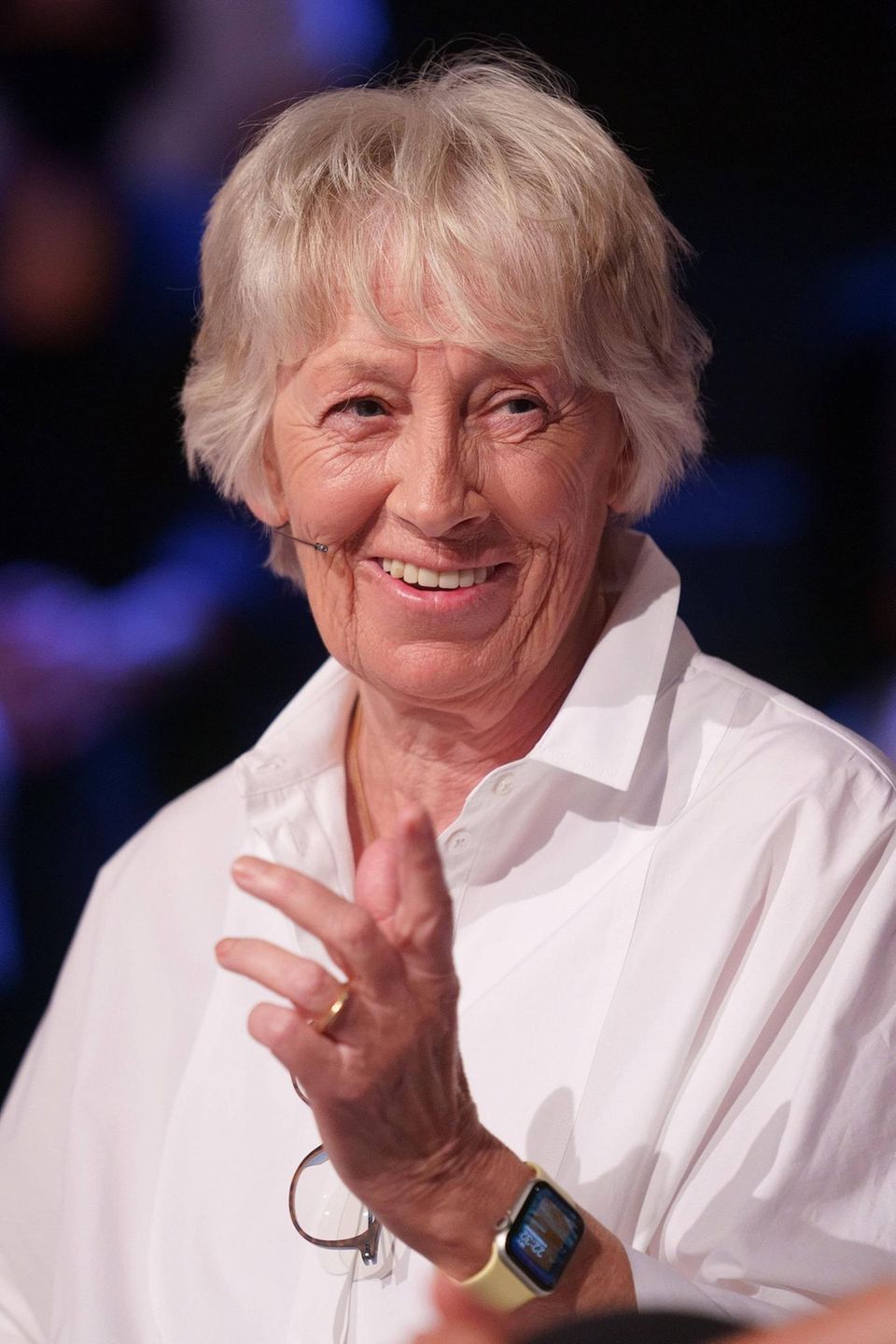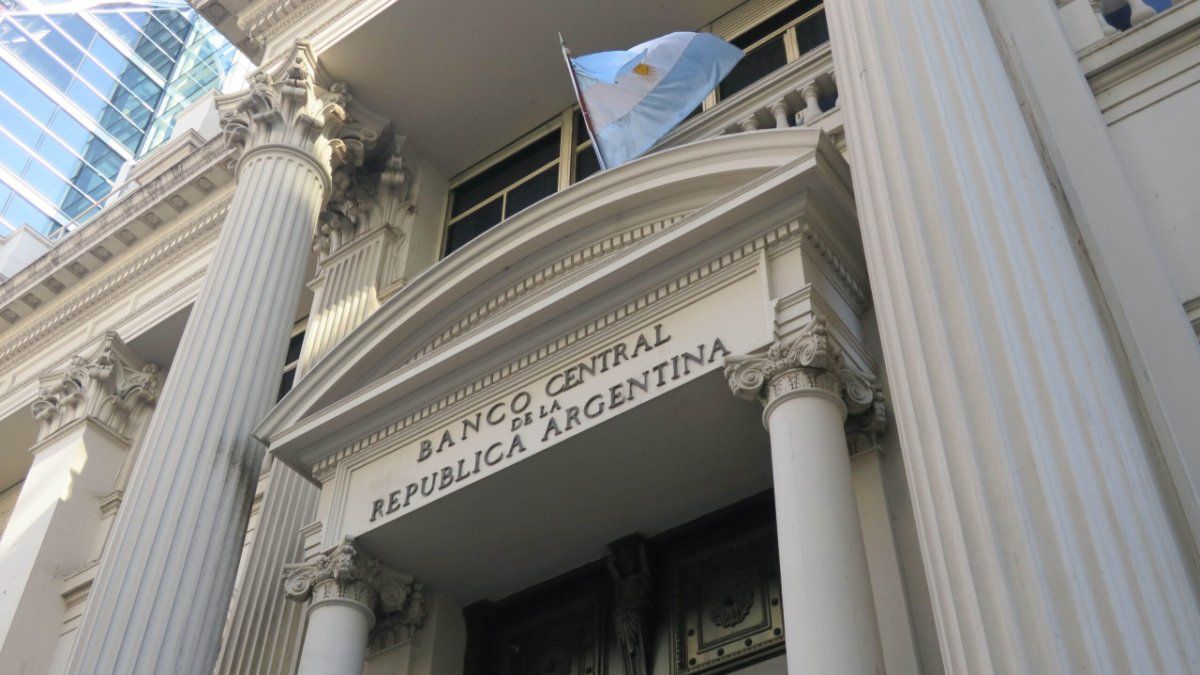Image: Volkshilfe/WiD
The S. family and the K. family have been at odds for years – the children kept bumping into each other while playing on the estate, and the parents’ friendship broke up as a result. Neighbors regularly call the police because of conflicts, but neither side commits criminal offenses.
Quarrels like this fictitious example take place regularly throughout Upper Austria – and cost the police and other institutions, such as the youth welfare office, valuable resources. “There are conflicts where the police show up three times a week for years”, says Sabine Traunmüller-Reichhold. The woman from Wels manages the project “police mediation” the people’s aid. This started in 2022 as a pilot project in Wels and has now been extended to all of Upper Austria.
“Many don’t want a fight”
“It is our job to resolve conflicts that are not yet a case for the judiciary or the executive, but are often very stressful for those affected and those around them – classic disputes about noise, which often drag on for years”, says Traunmüller-Reichhold. She and her colleague Sven Janson can be called by the police, mayors and housing developers. “We contact the parties to the conflict and offer to mediate. Many don’t want to fight every day and are happy if someone has an ear for them”says Janson.
If both sides show a willingness to talk after the written contact, individual appointments will be agreed. “There we discuss the concerns of the people and the reason for the conflict. We don’t want to stay in the past for too long, but look for ways to resolve the conflict”, says Traunmüller-Reichhold. The mediators come in teams of two and in civilian clothes so that they do not attract attention. Mediation is not always the right thing for those involved: “We are not responsible for addictions or mental illnesses, we mediate them”says Traunmüller-Reichhold.
After the individual discussions, the mediation takes place in a neutral room – for example in a community hall. “We work with people there to find ways of dealing with conflicts in the future – for example, not calling the police immediately, but trying to talk to them”says the mediator.
In the previous year, the police mediation staff spent 237.5 hours in direct conflict work with the participants in 99 interventions. “We then continue to look after them for some time, and in most cases the situation improves”says Traunmüller-Reichhold. “We’re not very well known yet, which is a shame. The sooner we are called, the better the chance for a solution.”
The city of Wels and the city police command have the offer of the “police mediation” used early and were involved in the conception. “If the police are called ten times to an argument but can’t do anything, that doesn’t help anyone. Everyone involved benefits from this project”says Deputy Mayor and integration officer Gerhard Kroiß (FP).
Source: Nachrichten




